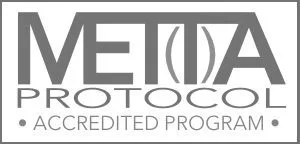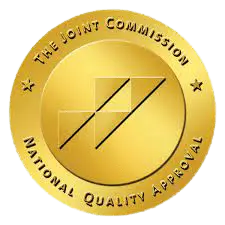Understanding the Science of Addiction

Research has come a long way in understanding the science of addiction. From genetic to environmental factors that lead to addiction, how it impacts the brain, and best recovery methods, the science behind alcohol addiction and substance abuse continues to expand. For those entering recovery, it’s essential to understand the mechanisms at play and how […]
Addiction and Mental Health Challenges Among Veterans

The men and women who serve in the military deserve our highest respect. They took an oath and sacrificed many things to uphold and protect our freedoms. As veterans return home to resume their civilian lives, many struggle with their emotions and the transition back to “normal.” To cope with their feelings, a significant percentage […]
Bipolar Disorder and Substance Abuse
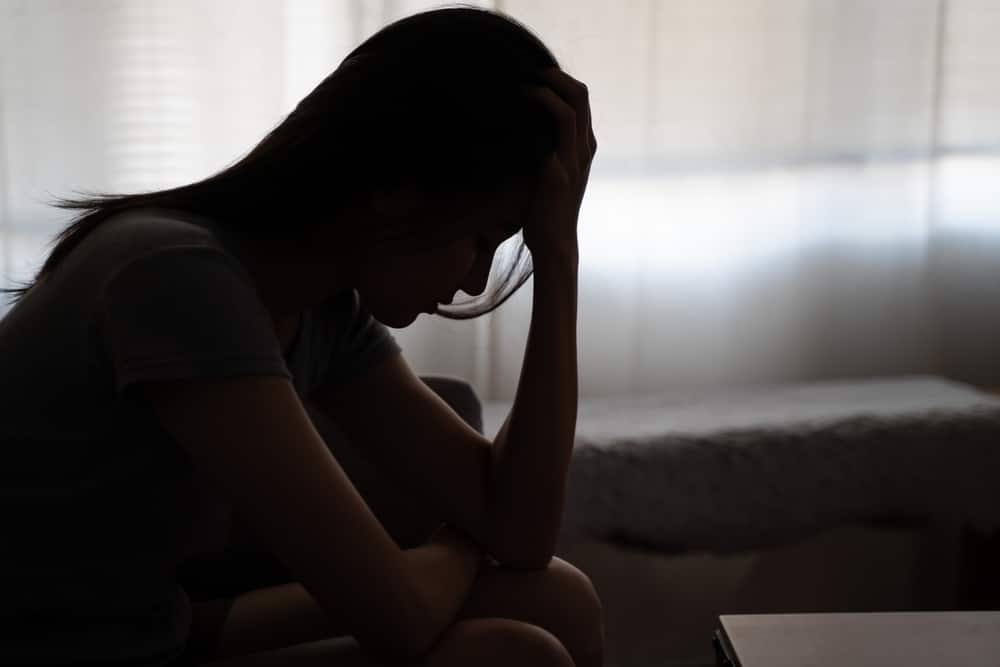
If you are dealing with bipolar disorder, it is a daily nightmare. Your day is filled with unpredictable mood swings and shifts in energy. While there are many options to treat your bipolar disorder, you may fear the stigma that surrounds your diagnosis. As a result, you may be medicating with substances to cope with […]
How We Can Help Reduce The Effects of The Opioid Epidemic
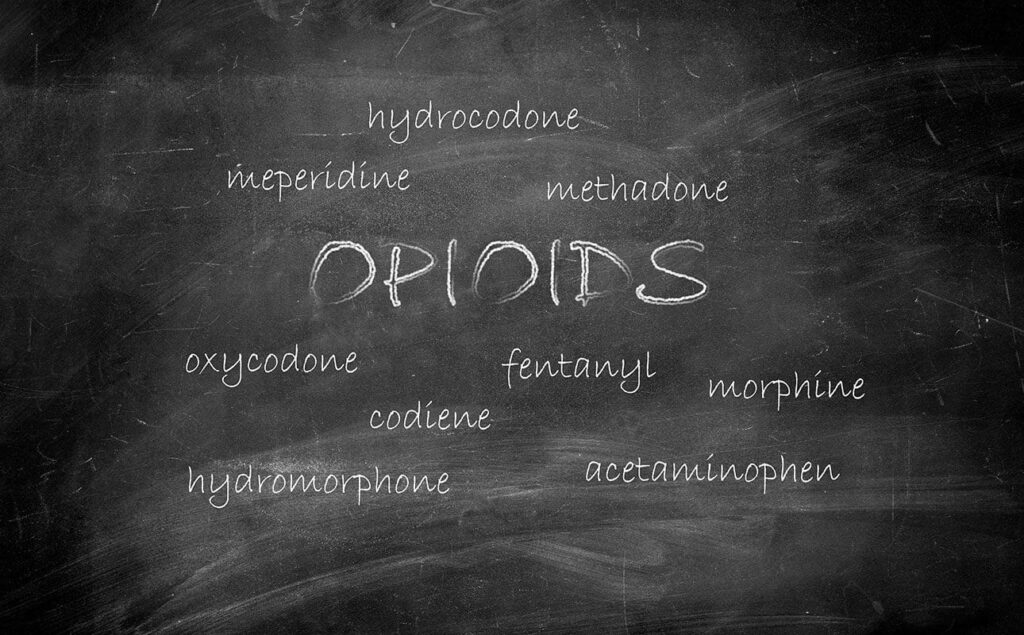
You go to the dentist for a toothache. You end up needing a tooth extracted and get prescribed an opioid to manage the pain. Unfortunately you’re prescribed more pills than needed and end up taking one every day. You start to enjoy the feeling of the pill and don’t even realize you keep taking them […]
Mending Broken Relationships During Recovery

Addiction doesn’t just affect the user, it can wreak havoc on relationships and even destroy them entirely. But don’t be discouraged, you have the ability to get sober and mend those broken relationships. Whether you’re currently struggling with addiction or have been proudly sober for years, you’re not alone — a study from the Faces […]
The Benefits of Luxury Addiction Treatment

If you or a loved one is struggling with a drug or alcohol addiction, you’re probably currently researching treatment options. Well, look no further as you’ve landed on the right page. See Purpose Treatment, located in Indiana, is a premier, luxury addiction treatment center that offers detox, residential inpatient, partial hospitalization, outpatient, and aftercare options. […]
Why Should Someone Seek Addiction Treatment in Indiana?

Seeking treatment for addiction can be intimidating and confusing. At See Purpose Treatment Center, we understand the hesitation you may feel about finding a rehab. We know it’s scary to do something for so long, like drink or use drugs, and then stop. We’re here to let you know although it may not feel like […]

